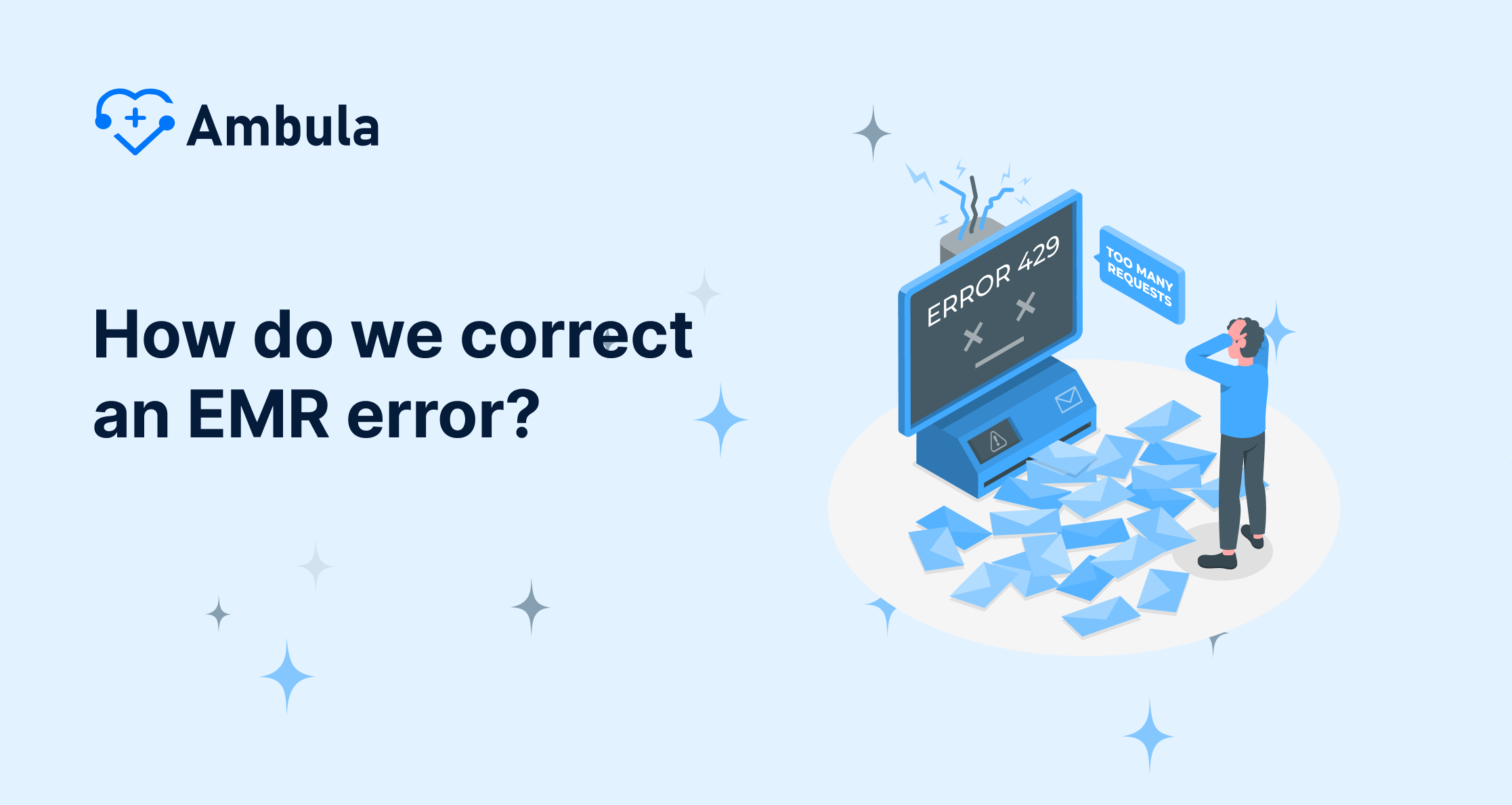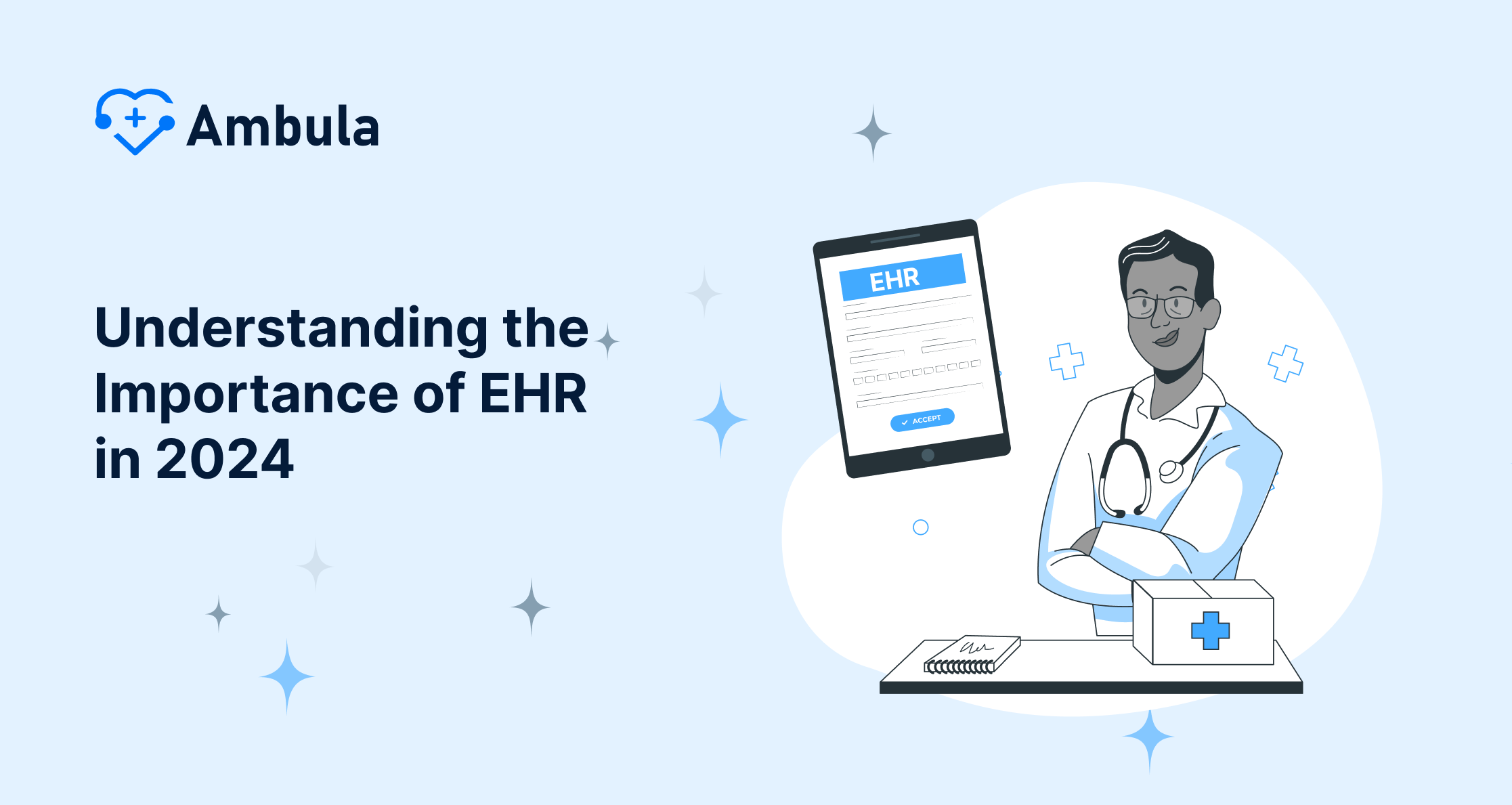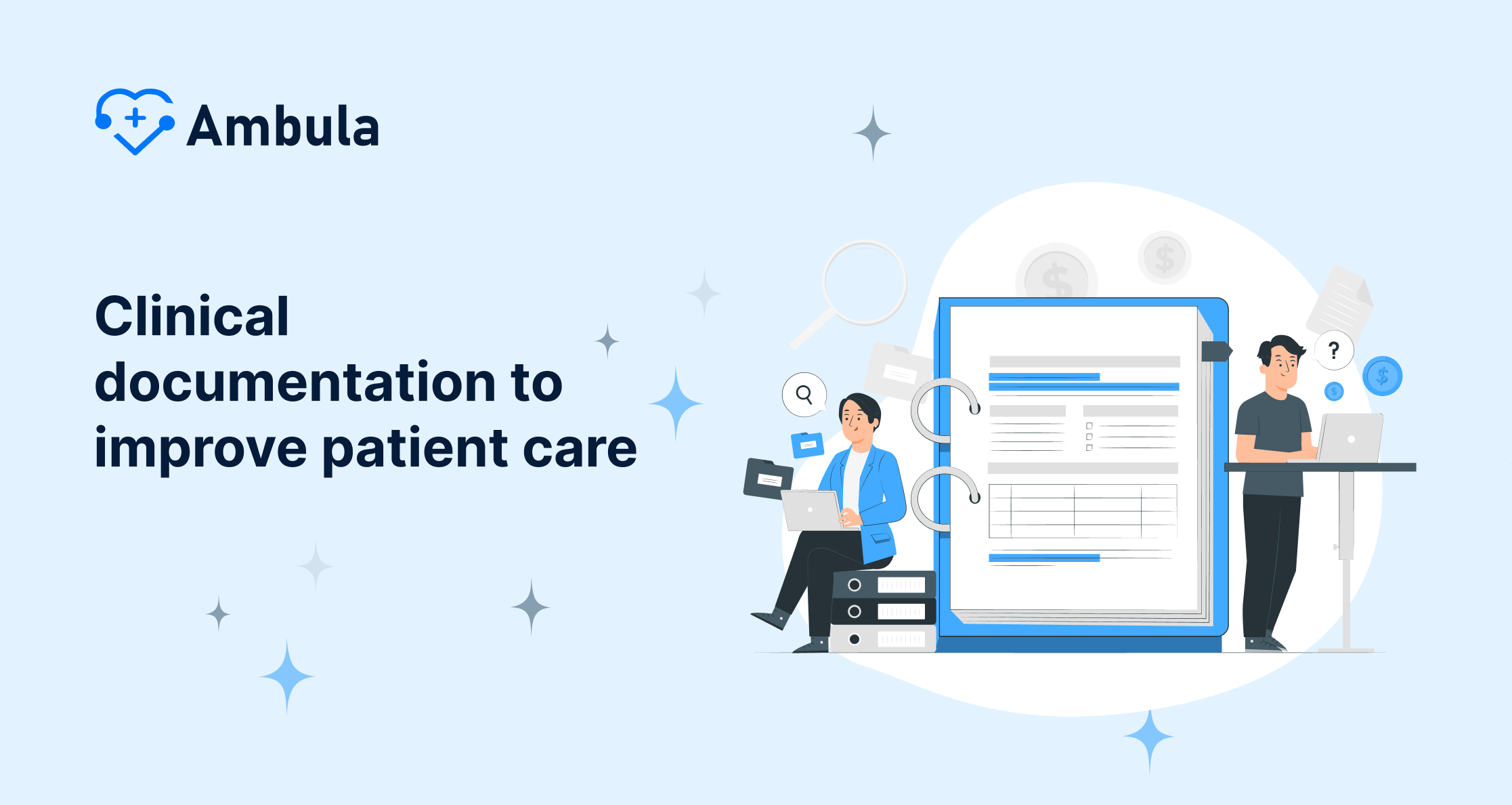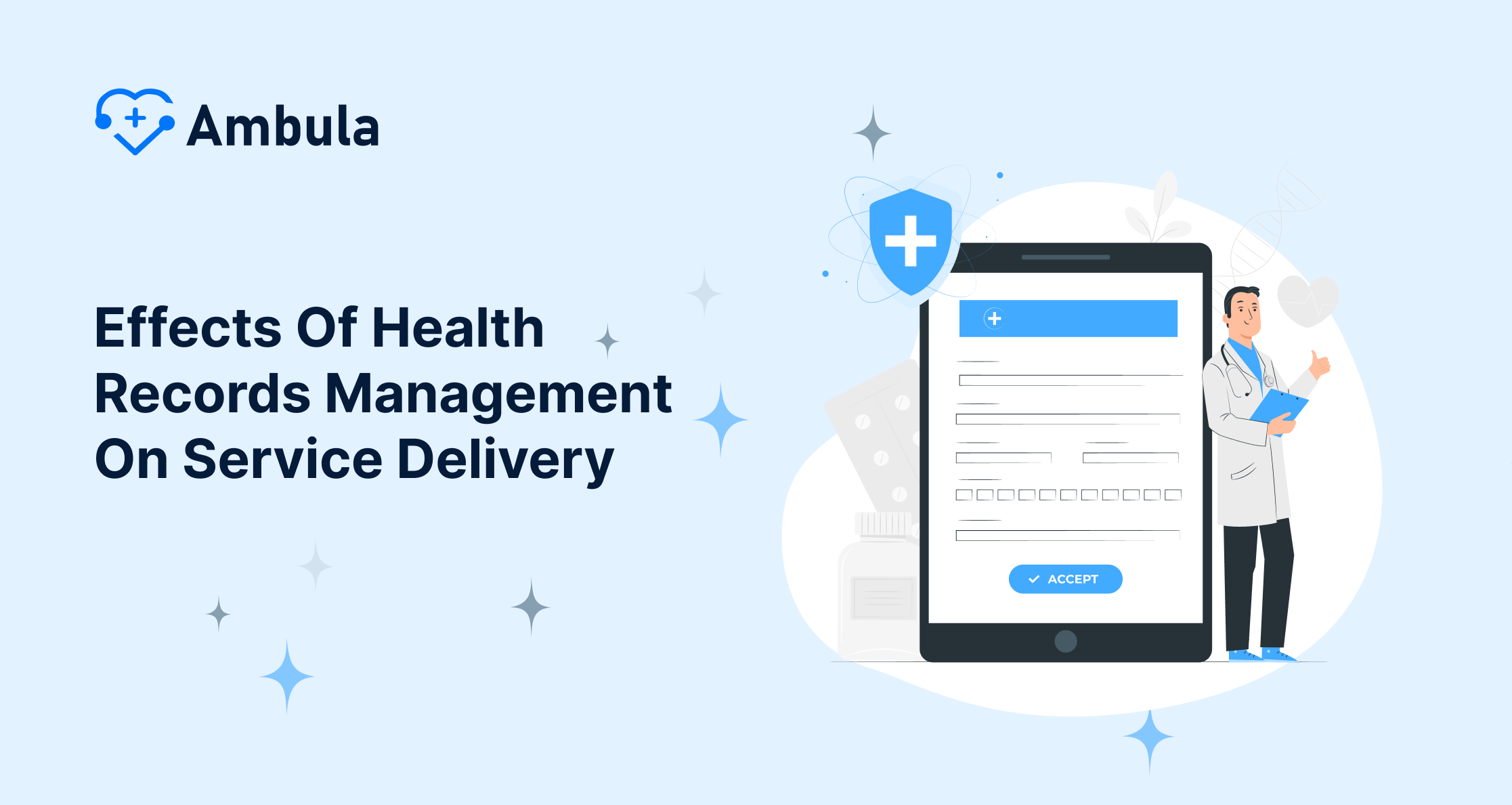Imagine a world where a whisper of cancer is caught before it can even shout, where treatments are crafted uniquely for your own body’s song, and where a virtual companion walks beside you 24/7, offering support and guidance. This isn’t a futuristic fantasy; it’s the reality being shaped by Artificial Intelligence (AI) in healthcare. From the detective work, it does in uncovering diseases earlier to the personalized symphony it composes for your treatment, AI is empowering patients and transforming the healthcare landscape in remarkable ways. In the next part of this article, we’ll dive deeper into the specific benefits that AI delivers to patients.
1. Faster and More Accurate Diagnoses
In the not-so-distant future, medical images and data will be meticulously scoured by AI algorithms, acting as tireless detectives uncovering diseases like cancer and heart problems before they even have a chance to cause harm.
But how does AI crack the code? Unlike relying solely on the human eye, these algorithms are trained on vast libraries of medical images and patient information. These digital detectives learn to:
- Identify subtle patterns: They can detect minute abnormalities in X-rays, mammograms, MRIs, and other scans that might escape even the most experienced professional.
- Quantify and analyze features: They meticulously measure and analyze specific features within the images, like the size and shape of tumors or the thickness of blood vessel walls, providing more objective assessments than ever before.
- Learn from countless cases: With each new set of data, AI algorithms become more refined, constantly improving their ability to detect even the faintest signs of disease.
DeepMind, an Alphabet company, exemplifies this. Their AI system can detect diabetic retinopathy, a leading cause of blindness, with an accuracy exceeding that of seasoned ophthalmologists. Similarly, Paige AI’s software analyzes mammograms with remarkable precision, potentially reducing unnecessary biopsies. Zebra Medical Vision utilizes AI to analyze chest X-rays, catching pneumonia with impressive speed, leading to quicker diagnosis and treatment.
These are just a few examples of how AI is revolutionizing diagnostics. For patients, the benefits are profound. Early detection translates to earlier intervention, allowing doctors to stop diseases in their tracks before they progress. This opens the door to personalized treatment plans tailored to the specific characteristics of the disease, leading to better results and fewer side effects. Ultimately, these advancements translate to higher survival rates, offering patients a brighter future.
2. Personalized Medicine and Treatment
Powerful AI tools are already transforming healthcare. Imagine platforms like XtalPi virtually screening millions of potential drugs to identify those most likely to work for your specific disease and genetic profile. Imagine AI-powered tools recommending personalized medication dosages based on your real-time vitals, potentially reducing adverse reactions and improving outcomes. Imagine therapy recommendation engines analyzing your data to suggest promising clinical trials or therapies, each carefully chosen for your unique situation.
The benefits for patients are life-changing. More effective treatments, chosen based on your predicted response, translate to a higher chance of success. Reduced side effects, thanks to personalized dosages and therapies mean a better quality of life during treatment. Ultimately, this personalized approach empowers you to focus on recovery and enjoy life to the fullest.
The Future of Patient Care
This burgeoning field promises a future where treatment plans are no longer one-size-fits-all. Instead, they will be meticulously woven from the threads of each patient’s unique data, meticulously analyzed and interpreted by the ever-evolving algorithms of AI. This personalized approach holds the potential to revolutionize healthcare, leading to more effective treatments, fewer side effects, and, ultimately, a brighter future for patients everywhere.
3. Virtual Assistants and Chatbots
Gone are the days of long wait times for simple questions. These AI-powered assistants act as virtual encyclopedias, readily answering patient queries about symptoms, medications, appointments, and general health concerns. With access to vast databases and the ability to learn and adapt, they provide accurate and up-to-date information, empowering patients to make informed decisions about their health.
Managing Appointments
Scheduling and managing appointments can be a hassle. But what if your virtual assistant could handle it all? These systems can seamlessly book appointments based on your preferences, send reminders, and even assist with rescheduling in case of conflicts. This efficiency eliminates unnecessary stress and ensures timely access to essential healthcare services.
Medication Adherence
Sticking to a medication regimen can be challenging. AI-powered assistants can act as digital reminders, sending personalized prompts and notifications to ensure timely medication intake. Additionally, they can track adherence patterns and alert healthcare providers of potential concerns, promoting better medication management and improved health outcomes.
4. Robotic-Assisted Surgery
Step into the operating room today, and you might find not just your surgeon but a highly skilled robotic assistant by their side. This isn’t science fiction; AI-powered surgical robots are already revolutionizing complex procedures, offering remarkable benefits for patients: greater precision, minimal invasiveness, and, often, faster recovery times.
Traditional surgery hinges heavily on the surgeon’s manual dexterity and hand-eye coordination. While human skill is undoubtedly impressive, it’s inherently subject to fatigue and occasional tremors. AI-powered robots eliminate these limitations. Equipped with advanced sensors and tremor-filtering algorithms, they provide unwavering stability and precision, translating the surgeon’s movements with even greater accuracy. This enhanced precision translates to smaller incisions, less tissue damage, and, ultimately, a reduced risk of complications.
Seeing Beyond the Surface
Human vision, despite its capabilities, has limitations. Enter robotic systems boasting high-definition cameras and advanced optics, providing surgeons with magnified, 3D views of the surgical field. This enhanced visualization allows for a deeper understanding of anatomical structures, enabling more targeted and delicate procedures, particularly in minimally invasive surgeries. Imagine navigating the intricate pathways of the nervous system with unparalleled clarity, minimizing the risk of damage and maximizing surgical success.
AI as the Surgeon’s Intelligent Partner
Modern robotic systems aren’t mere extensions of the surgeon’s hands; they possess built-in AI capabilities. These sophisticated algorithms can process real-time data from various sources, including vital signs, tissue resistance, and instrument movement. By analyzing this data, AI can offer critical insights and even suggest optimal surgical steps, acting as an intelligent partner assisting the surgeon in making informed decisions throughout the procedure. This collaborative approach leads to a higher level of surgical excellence.
5. Remote Monitoring and Disease Management
In the not-so-distant future, chronic conditions like diabetes and heart failure won’t require constant finger pricks and cumbersome monitors. Instead, imagine a discreet wearable acting as your personal health detective, silently collecting data throughout the day. But this data isn’t just passively stored; it’s analyzed by sophisticated AI algorithms in real time, ready to alert you and your healthcare provider of potential problems even before you notice them.
Think of your smartwatch or armband as a miniaturized health expert equipped with sensors that monitor your heart rate, blood oxygen levels, and even your heart’s electrical activity. Every beat, every breath, every step – meticulously collected, forming a comprehensive picture of your health. However, raw data needs interpretation, and this is where AI shines. Trained on vast datasets of patient information, these algorithms become experts in your unique health story, identifying even subtle shifts in patterns that might indicate brewing trouble.
Imagine your wearable buzzing, not just with notifications, but with a potential health concern. An unexpected dip in oxygen levels suggests respiratory issues, a slight change in your heart rhythm hinting at an irregularity – these AI-powered insights empower you to take action, whether it’s checking your blood sugar or immediately contacting your doctor. But you’re not alone in this fight. The same data, analyzed by the AI, can send critical flags to your healthcare provider, allowing them to intervene proactively and adjust your treatment plan before things escalate.
This real-time monitoring isn’t just about convenience; it’s about catching complications early when intervention can make a world of difference. Early detection translates to fewer hospitalizations, better management of your condition, and, ultimately, a better quality of life.
The veil on the future of chronic condition management is slowly lifting, revealing an exciting landscape populated by even more sophisticated sensors and AI capabilities. Imagine a world where wearables seamlessly monitor blood sugar levels for diabetics, constantly vigilant against sudden fluctuations. Or envision these same devices analyzing sweat composition, acting as early detectors of potential diseases before symptoms even appear.
Conclusion
From deciphering your unique genetic code to guiding surgeons with robotic precision, this technology is transforming patient care in profound ways.
Early detection is crucial, and AI is wielding powerful tools to achieve it. Forget waiting for results – AI analyzes scans and images with remarkable accuracy, spotting diseases at their earliest stages and paving the way for timely intervention. This can be lifesaving, offering a brighter prognosis for countless patients.
But AI isn’t just confined to hospitals. Imagine discreet wearables and sensors powered by AI monitoring your health around the clock. These vigilant companions gather data, allowing for real-time monitoring of chronic conditions. They can detect potential problems before they even arise, alerting you and your doctor and empowering you to take control of your health.
Need information or support? Don’t fret. AI-powered virtual assistants and chatbots are available 24/7. They answer your questions, manage appointments, and even offer reminders, ensuring you stay on track with your health goals. This readily available support, both informational and emotional, empowers you to manage your health with confidence.
As AI continues to evolve, its impact on healthcare will be nothing short of transformative. Patients can look forward to a future where care is personalized, proactive, and effective. AI isn’t just changing healthcare; it’s empowering patients to take charge of their well-being, paving the way for a healthier tomorrow for all.




